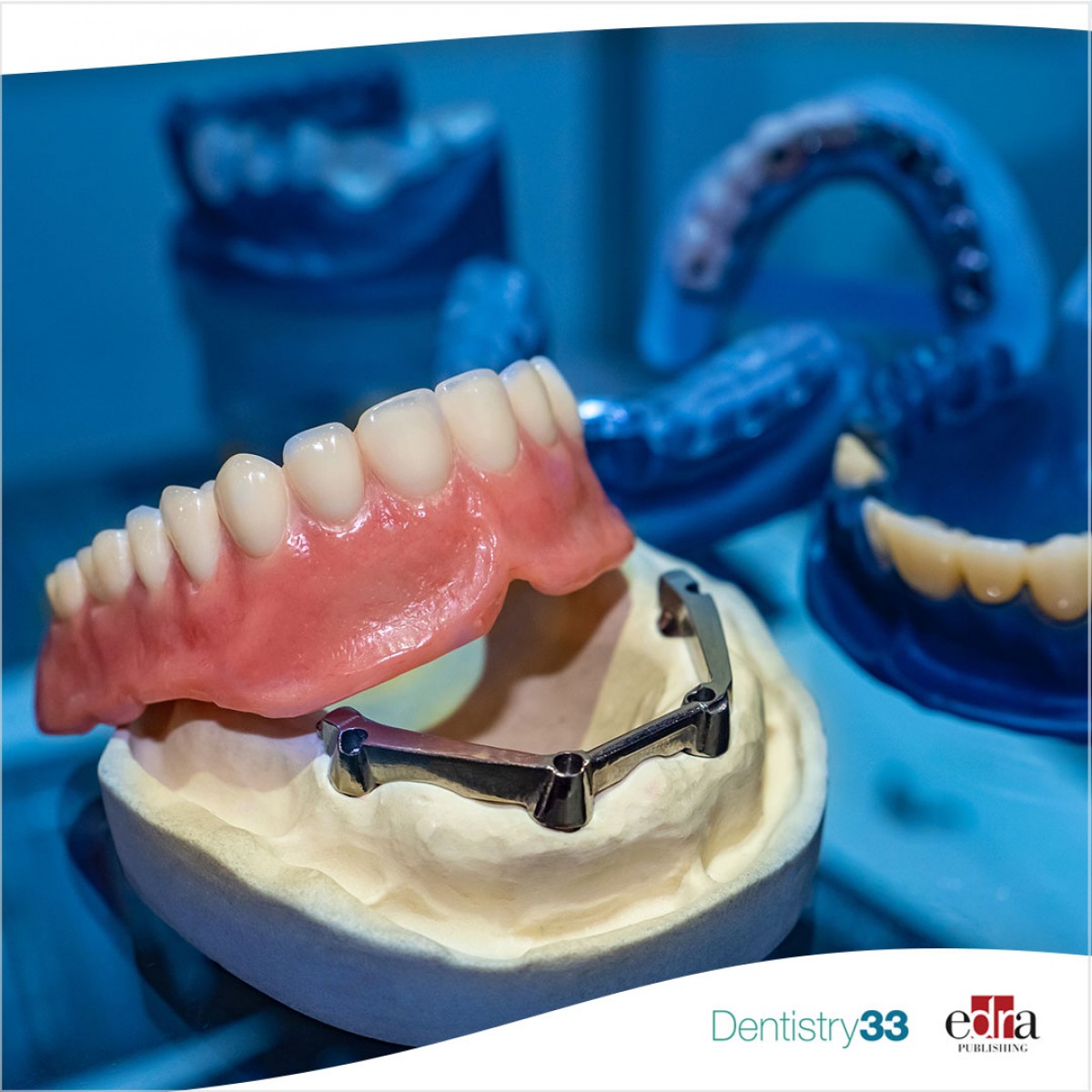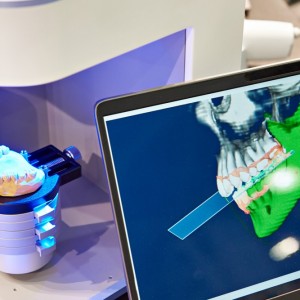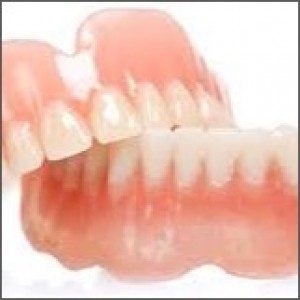
Implementation of repairs in dental practice
Background
Despite increasing evidence, dentists have not widely adopted repairs. The authors aimed to develop and test potential interventions targeting dentists’ behavior.
Methods
Problem-centered interviews were performed. Emerging themes were linked to the Behavior Change Wheel to develop potential interventions. The efficacy of two interventions was then tested in a postally delivered behavioral change simulation trial among German dentists (n = 1,472 per intervention). Dentists’ stated repair behavior regarding 2 case vignettes was assessed. Statistical analysis was performed using McNemar test, Fisher exact test, and a generalized estimating equation model (P < .05).
Results
Two interventions (guideline, treatment fee item) were developed on the basis of identified barriers. A total of 504 dentists participated in the trial (17.1% response rate). Both interventions significantly changed dentists’ behavior toward repairs of composite and amalgam restorations, respectively (guideline: difference [Δ] = +7.8% and Δ = +17.6%, treatment fee item: Δ = +6.4% and Δ = +31.5%; adjusted P < .001). Dentists were more likely to consider repairs if they already performed repairs frequently (odds ratio [OR], 1.23; 95% CI, 1.14 to 1.34) or sometimes (OR, 1.08; 95% CI, 1.01 to 1.16), if they regarded repairs as highly successful (OR, 1.24; 95% CI, 1.04 to 1.48), if their patients preferred repairs over total replacements (OR, 1.12; 95% CI, 1.03 to 1.23), for partially defective composite restorations (OR, 1.46; 95% CI, 1.39 to 1.53), and after receiving one of the two behavioral interventions (OR, 1.15; 95% CI, 1.13 to 1.19).
Conclusions
Systematically developed interventions targeting dentists’ repair behaviors are likely efficacious to promote repairs.
Practical implications
Most partially defective restorations are replaced completely. Effective implementation strategies are required to change dentists’ behavior.
This trial was registered at https://www.clinicaltrials.gov. The registration number is NCT03279874 for the qualitative phase and NCT05335616 for the quantitative phase.
Philipp Kanzow et al. "Implementation of repairs in dental practice: Randomized behavior simulation trial." JADA. 22 May 2023. DOI:https://doi.org/10.1016/j.adaj.2023.04.007
 Tag
Tag
 Related articles
Related articles
Digital Dentistry 04 November 2025
Digitalisation is an expanding field in dentistry and implementation of digital teaching methods in dental education is an essential part of modern education.
Digital Dentistry 01 May 2025
Current implementation of digital dentistry for removable prosthodontics in US dental schools
Although digital technology has been widely integrated into dental education, there is limited literature investigating the extent of the integration of computer-aided design and computer-aided...
Periodontology 14 March 2025
Implementation of the new classification of periodontal diseases requires careful navigation of the new case definitions and organization of the diagnostic process along rationale and easily...
Oral Hygiene & Prevention 16 March 2023
Standardized practice-based oral health data collection: A global pilot study
Researchers conducted a feasibility project involving 12 countries that tested the implementation of the methodology and data collection tools and assessed data quality from six countries.
 Read more
Read more
Much like EMTs rushing to the scene after an accident, stem cells hurry to the site of a skull fracture to start mending the damage. A new finding has uncovered the signaling mechanism that triggers...
Products 05 November 2025
SimplyTest has launched a groundbreaking saliva-based test to detect high-risk strains of oral human papillomavirus (HPV), a major cause of oropharyngeal cancers.
News 05 November 2025
Perimetrics, Inc., a dental technology company pioneering quantitative diagnostics, announced today that the U.S. Food and Drug Administration (FDA) has granted clearance for the InnerView...
News 05 November 2025
On October 15, open enrollment for Medicare began nationwide. Hundreds of thousands of seniors in New Jersey will once again face the challenge of finding the right Medicare coverage, including the...
Digital Dentistry 04 November 2025
Digitalisation is an expanding field in dentistry and implementation of digital teaching methods in dental education is an essential part of modern education.













